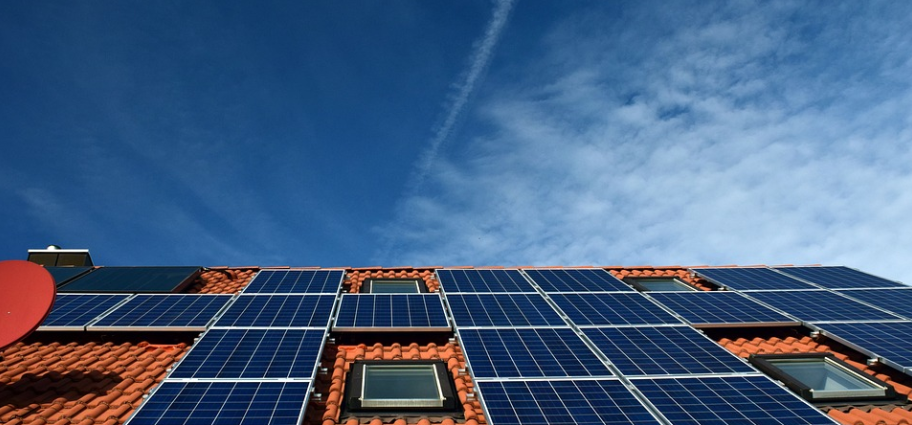Solar panel suppliers play a vital role in the renewable energy industry, supplying solar panels to individuals, businesses and organizations looking to reduce their carbon footprint and save on energy costs. Solar panel suppliers offer a wide range of products and services, from the supply of solar panels to installation and maintenance of solar energy systems. If you’re thinking about installing a solar panel, there’s a few things you should think about. Read on below to find out more.
Research and compare
When purchasing solar panels, it is important to research and compare different solar panel suppliers to find the one that best fits your needs. You should also research the quality of the product, warranty, and after-sales service. Before making a final decision, make sure to request quotes from different solar panel suppliers, so you can compare the prices and services they offer.
Reputation and experience
When choosing a solar panel supplier, it is important to consider their reputation and experience in the industry. A reputable supplier should have a track record of providing high-quality products and services, and have a deep understanding of the technology behind solar energy systems. They should also be able to provide references and testimonials from satisfied customers.
Product range
The range of products offered by solar panel suppliers can vary greatly. Some suppliers focus on providing panels for residential applications, while others may specialise in commercial or industrial projects. Some suppliers may also offer complementary products such as inverters, monitoring systems, and energy storage solutions. It is essential to choose a solar panel supplier that offers products that meet your specific needs and requirements.
Customer service and support
Another important aspect to consider when choosing a solar panel supplier is their level of customer service and support. A good supplier should provide ongoing technical support, as well as training and education for the installation, maintenance, and monitoring of solar energy systems. It is also important to ensure that the supplier has adequate warranty and maintenance plans in place to protect your investment.
Costs
Solar panel suppliers should also be able to provide accurate information about the financial aspects of solar energy systems. This includes information on the costs of installing and maintaining the systems, as well as potential savings on energy costs and the financial incentives available.
Environmental policies
One of the most critical factors to consider when choosing a solar panel supplier is their environmental policies. As sustainability and reducing carbon footprint is one of the main motivations of solar energy systems, it is essential to ensure that the supplier you choose also share these values. This can include information on their recycling programs, carbon offset initiatives and use of sustainable materials in their products.
Technology
When it comes to rooftop solar panels, there are a few important things to take into account when making a selection. One of the key considerations is the efficiency of the panels. Efficiency is a metric that describes how well a solar panel can convert sunlight into electricity. Higher efficiency panels will generate more power with the same amount of space, which may be beneficial for those with limited roof space. Another factor to consider is the type of panel. The two main types are monocrystalline and polycrystalline. Monocrystalline are made of one solid crystal of silicon and tend to be more efficient but also more costly. Meanwhile, polycrystalline are made of multiple crystals and are more budget friendly but less efficient in comparison.
Licenses and certifications
When it comes to the installation of solar energy systems, it is important to ensure that the solar panel supplier you choose has the necessary licenses, certifications, and insurance to carry out the work safely and legally. It is also important to ensure that they have a team of qualified and experienced technicians to carry out the installation.
By considering factors such as the supplier’s reputation, product range, customer service, and environmental policies, you can ensure that you select a supplier that will meet your needs and help you achieve your goals of reducing your carbon footprint and saving on energy costs.

